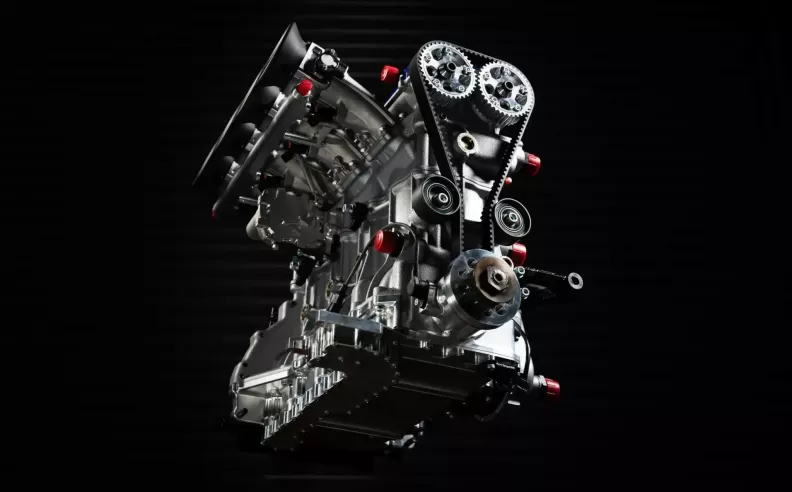
Our cars sometimes emit many signs to tell us that something is wrong with them. Sometimes these signs may be strange or incomprehensible, but you must always pay attention to them and look for their causes. In the following lines, we will discuss one of these signs, which is the vibration of the steering wheel while driving, which may alert us to the presence of a minor or serious problem.

Your car's steering wheel may vibrate in various situations, either while driving at high or low speeds or even while braking the car. Here are some of the reasons that may cause your car's steering wheel to vibrate:
Damage to the brake cylinders: If the problem stems from damage to the brake cylinders, you will notice a vibration in the steering wheel, especially at low speeds or when using your car’s brakes. The reason for this is that brake cylinders are smooth flat surfaces that are pressed by the brake pads to slow down or stop the vehicle. Neglecting their regular maintenance or not replacing them in a timely manner may lead to them bending. As a result, the brake cylinders press on an uneven surface when Braking, which causes the steering wheel to vibrate. You can easily solve this problem by replacing the brake cylinders.
Brake calipers: One of the causes of steering wheel vibration is also stuck brake calipers. These clamps stick to the brake linings and reduce their speed every time the car is braked. Although this is rare, brake calipers may fail, and are sometimes referred to as “sticking” or “stuck.” Sticky brake calipers cause control problems, leading to noticeable vibration or drag when the steering wheel is turned, and this is more noticeable when pressing the brakes.
Problems related to tire alignment: The car's suspension system usually adjusts the alignment of the tires to ensure that they touch the road evenly. However, due to the nature of the road and different driving conditions, the alignment or alignment of the tires may be affected over time. When this happens, the corners of one or more tires can be skewed; Which causes the steering wheel to vibrate or oscillate while the car is driving. Fortunately, all you need is to solve this problem or go to the nearest maintenance center to have your car’s tires aligned.
Problems related to the suspension system: The suspension system in your car consists of an integrated structure that connects the various parts of the car to its tires, including shock absorbers, springs, joints, bushings, and others. When any defect occurs in one of these components, it will have a significant negative impact on the driving experience, and one of the most common signs of this may be the steering wheel shaking while driving. If your car has persistent suspension problems, you should probably start by looking for a new car, as this may be better than the recurring costs of suspension repairs.

Steering wheel vibration is a superficial symptom of a group of mechanical problems that affect the overall performance of the car. In general, when you feel a vibration or shaking in the steering wheel, you should seek professional help immediately, as there may be a serious problem that threatens your safety and the safety of the car and can be solved simply, or the cause may be simple and can be fixed before it gets worse. In all cases, it is preferable to take preventive measures in a timely manner. If you suffer from a heavy steering wheel or annoying sounds when turning the steering wheel, we advise you to go to one of the maintenance centers or specialized and reliable mechanics to inspect all parts of the car and diagnose and repair the problem.

Wael is an automotive content writer specializes in creating written content for Motor 283. Producing a wide range of content, including blog posts, articles, product descriptions, reviews, and technical guides related to cars, trucks, motorcycles, and other vehicles, with an unprecedented passion for cars, and motorcycles.
